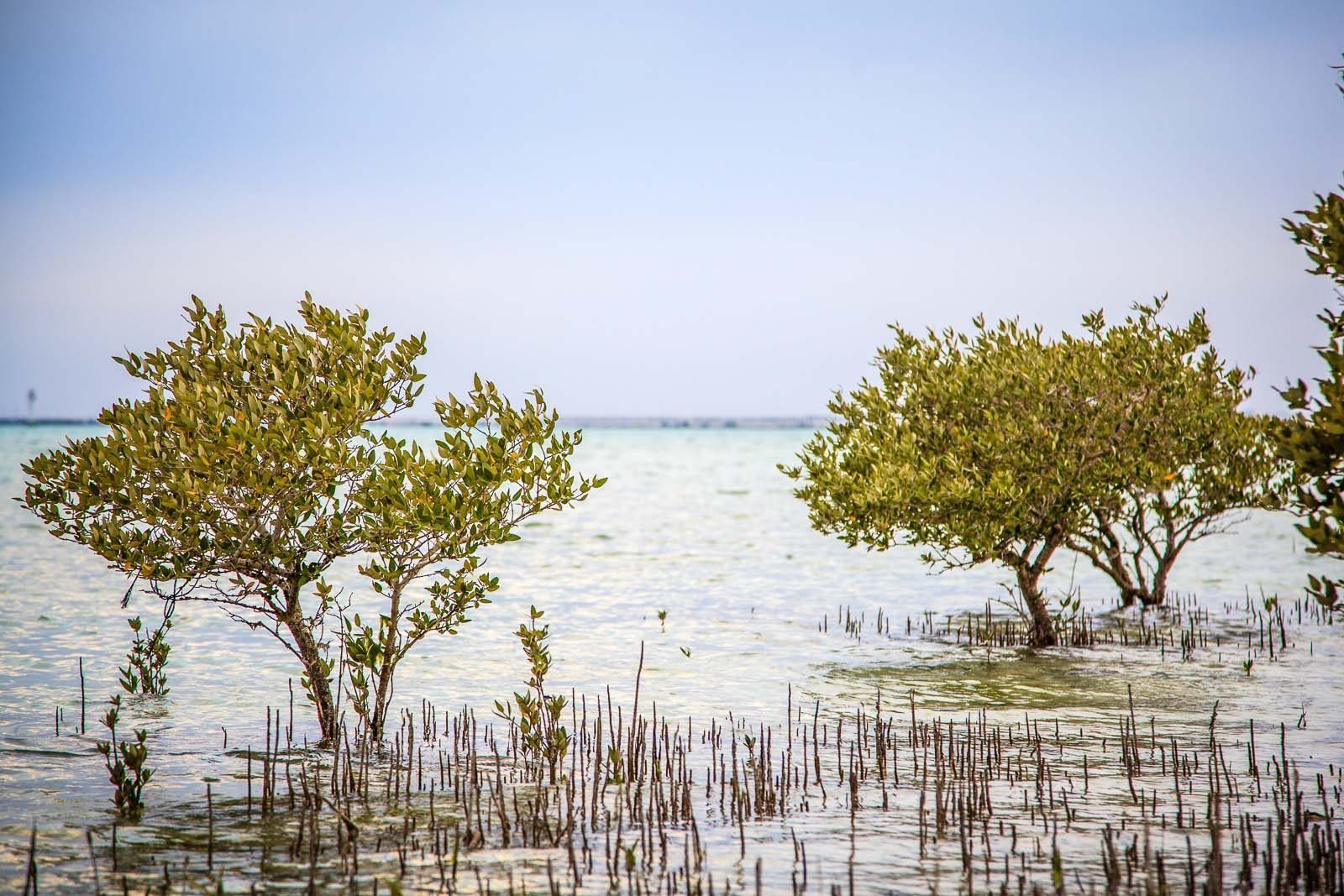
A new United Nations study forecasting an uptick in natural disasters due to climate change has shifted its focus from prevention to mitigation, signaling in some ways that the effects of manmade warming on the planet are irreversible.
The Intergovernmental Panel on Climate Change’s (IPCC) Fifth Assessment Report, authored by a group of Nobel-Prize winning scientists, is set to be released in full on Sunday. It explains that no country is immune to the effects of global warming – including Qatar.
In a summary of the IPCC released a few weeks ago, the authors warned that extreme weather instances such as killer heat waves, wildfires, droughts and flooding around the world are only set to increase in frequency in the coming years.
Speaking to Doha News, Dr. Joy Pereira, one of the report’s lead authors, said that rising temperatures in Western Asia, the group that Qatar was classified in, is one example of climate change at work.
She added that some of the most imminent threats for Qatar are health-related.
“These are increased risk of heat-related mortality (and) increased risk of drought-related water and food shortage causing malnutrition.”
Pereira continued:
“Another threat that has been identified is increased risk of water shortage in arid areas of Asia but it is of medium confidence. The lower confidence statement results from lack of evidence due to inadequate studies…
Increased investment in developing adaptation measures for water management as well as studies on the health effects of changes in potable water quality and quantity, will be of great benefit to countries such as Qatar.”
Change needed
Qatar has one of the world’s largest carbon footprints per capita, but is a relatively small contributor of greenhouse gases on the global level, where China is the biggest offender.
The Gulf state has been working to improve its environmental record for years, and hosted the United Nations COP18 conference on climate change in 2012. At the time, an Arab environmental activist told Doha News that Middle Eastern countries have “been the least serious” about global warming.
Wael Hmaidan, director of the Climate Action Network – International added that many countries in this region depend heavily on fossil fuels, making change difficult. But he said:
“Global warming/climate change is a challenge that can lead to the human collapse of human civilization globally – this is an agreed scientific reality.
If we don’t sharply change the way we consume energy in the coming five to seven years, we might not be able to avoid this fate.”
Echoing this sentiment, the UN report recommends that governments reduce carbon emissions and begin preparing for the fallout from climate change. According to the Guardian, smarter choices in urban planning and investment in public transportation in areas particularly at risk are also advised.
Reminding people that it’s not too late, Kaisa Kosonen, senior political advisor of Greenpeace International, said in a statement:
“Scientists are warning us, but they are not telling us to give up. The solutions are already here. A growing wave of people, communities, corporations and investors around the world are already making a difference by moving to clean and safe renewable energy and demanding governments to stand with them. There’s a better future than the one we are currently offered and it’s ours if we want to grasp it.”
Thoughts?







